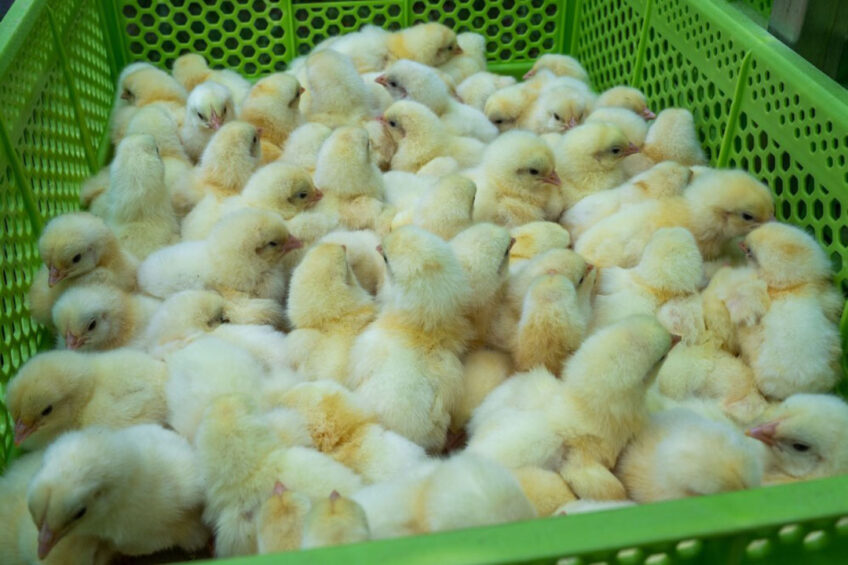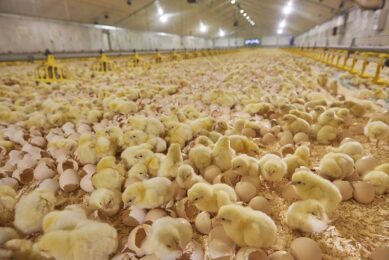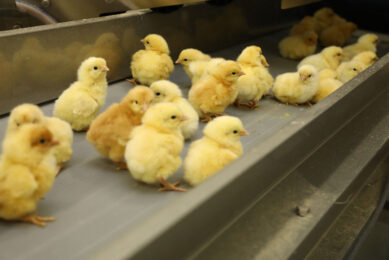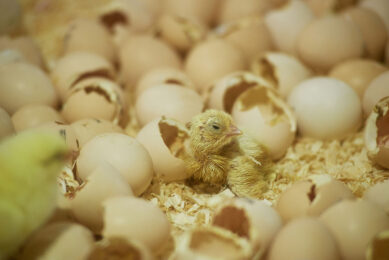France to outlaw culling of day-old male chicks

The poultry industry in France has until the end of 2022 to stop the culling of day-old male chicks, which affects up to 50 million chicks in France each year. Farmers and producers will now need to employ alternative methods to ensure that male chicks are never born in the first place.
The decree, published in the Journal Officiel, said, “Operators shall demonstrate compliance…by the installation of equipment enabling the sex of the embryo to be determined no later than the 15th day of incubation (out of 21), or by any other means providing equivalent guarantees.”
Producers will need to show they have at least ordered sex identification machines by the end of March. Those who fail to do so will face fines.
It follows the announcement last year by German Agriculture Minister, Julia Klockner, to ban the slaughter of male chicks, referring to the end of “an unethical practice” as well as a “significant step forward for animal welfare.”
Determining the embryo’s sex
There are a number of systems being developed in Europe to determine the embryo’s sex. Hy-Line France is using optical “hyperspectral” technology which allows the colour of the chick’s first feathers to be known on day 13 of the 21-day incubation period. Male feathers are lighter than females.
Competitor machines included the Seleggt and Respeggt companies which allow sexing of eggs earlier, on day 9 of the incubation period.
In a paper published in January, Hendrix Genetics said there were 3 main alternative approaches to culling day-old male chicks:
- Identify mechanism that can, ideally completely, imbalance the sex-ratio in favour of females.
- Develop tools that would allow the determination of the sex of the embryo in ovo prior to hatch.
- Develop dual-purpose strains where female chicks would be reared as future egg-laying hens and male chicks for meat.
The move is likely to lead other nations to take action. RSPCA Australia said emerging technologies were providing commercially viable alternatives to male chick culling. Continual research and innovation in this area will ensure male chick culling can be phased out without delay.
 Beheer
Beheer











 WP Admin
WP Admin  Bewerk bericht
Bewerk bericht